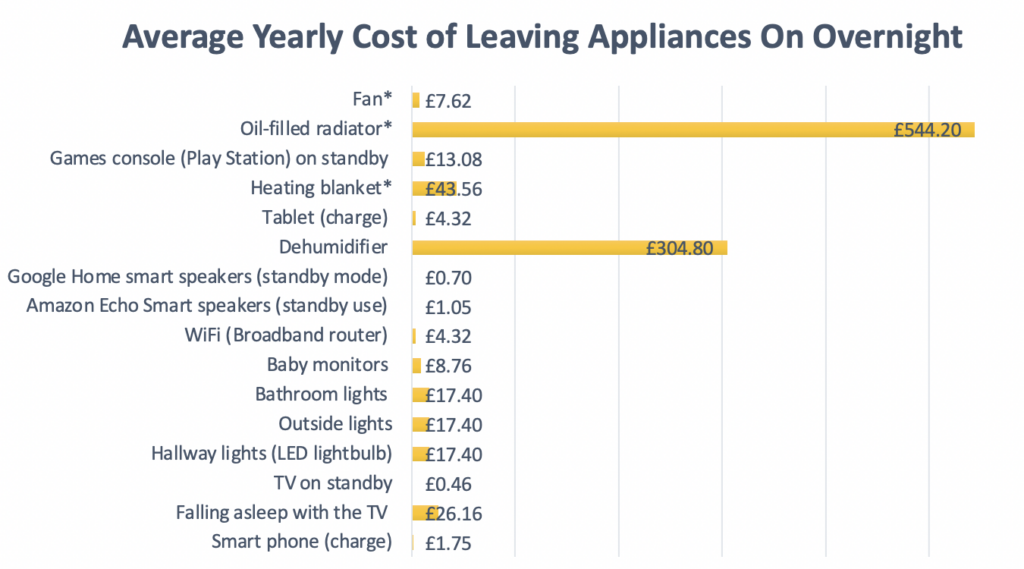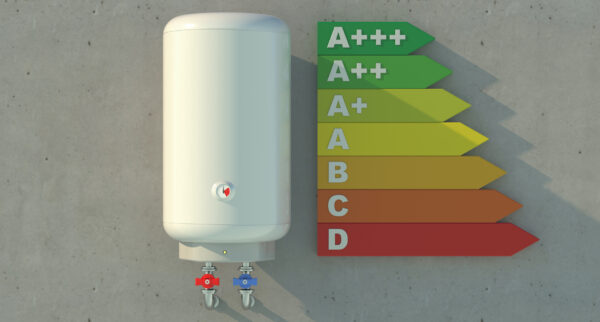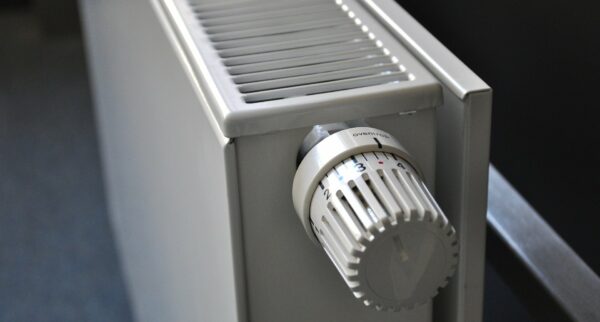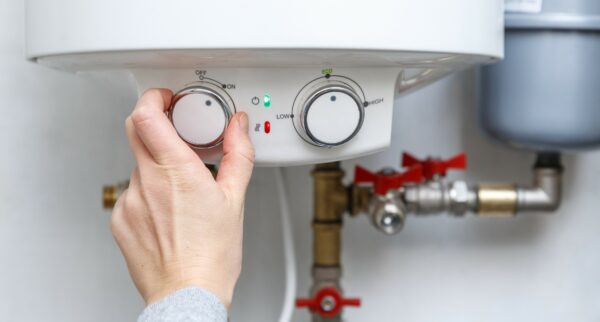
How much does it cost to have appliances on at night?
By looking at the energy use of household items that are in use or on standby overnight, JustServicesGroup.com has revealed how much money people may be wasting by keeping electrics on overnight, prior to the energy increases being introduced.
JustServicesGroup.com has uncovered how much extra it costs in winter and summer to have electrics and appliances on unnecessarily overnight throughout the year.
- Year-round average: £1,011.928
These figures were found calculating the kilowatt hour (kWh) of each appliance x the cost of each item for eight hours per day over the time period of a year (prior to energy increases).
We’re talking purely about unnecessary appliances here – so this doesn’t include fridges for example – just things that you are able to turn off during the night.
JustServicesGroup.com identified the most expensive appliances to run overnight and how much they could be costing us per year.
*seasonal
What costs the most energy?
Household expenditure on electricity in the UK has increased 28% since 2010 (Statista).
Furthermore, the seven-day average price reached up to 12.8p per kilowatt hour in December 2021 which is more than eight times higher than in December 2020. (National Grid data).
To date, 50 energy suppliers have gone bust pushing 5,899,780 customers to move to alternative companies.
In April 2022, the energy price cap will increase for approximately 22 million people in the UK as a result of a record rise in global gas prices over the last six months, with wholesale prices quadrupling in the last year.
The appliances that use the most energy in households include;
Wet appliances
Does it use water? It’s a wet appliance. These are your washing machines and dishwashers predominantly. They account for 16% of total energy bills.
Cold appliances
12% of your energy bill is due to fridges and freezers because they’re on all the time and need to maintain specific temperatures.
Electronics
In most households you will find that each family member has more than one device – this includes TVs, game consoles, laptops, tablets, mobile phones etc. Electronic devices make up approximately 7% of energy bills.
Lights
Lighting is another big contributor at 6%. With so many more people working from home now there is even more cause for lights to be on for longer.
Kitchen appliances
Hob, oven, microwave and your kettle cost you 4% of your energy bill. If you use your microwave more than your stove then it won’t cost you quite as much to run.
How to save energy at home?
There are so many ways you can save energy at home which ultimately benefits the environment and your pocket.
Here are just a few ways you can reduce your overnight energy output;
-
- Do not sleep with the heating on: Having the central heating on during the night in the winter months can add as much as £544.20 per year to your bill. Not only is it expensive, it’s not recommended by doctors as it causes a restless night’s sleep as our bodies can overheat much more quickly.
- Turn off games consoles: When a games console is left on standby overnight, our research shows that it could add just over £13 to an annual bill. Whilst this may not seem like a massive amount, turning it off overnight – as you definitely won’t be playing it whilst asleep – is one of the easiest ways to save on energy use.
- “Alexa, turn off”: Whilst a smart speaker does not use much energy whilst in standby mode, you most likely won’t be speaking to ‘Alexa’ and ‘Google’ overnight, so one easy way to shave a small amount off your energy bill is turning them off fully.
- Swap your lights: Having three sets of lights on in your home overnight could add as much as £52.20 to your annual amount. This may be the biggest issue for parents specifically as children often want lights in the home when it’s dark outside. One good alternative in this situation could be a nightlight. An indecent night light usually uses around 10 watts – 30 less than an average lightbulb – making it an effective cheaper alternative.
- Turn off the WiFi: Whilst your WiFi is whirring away overnight, it can tally up an additional £4.32 over the course of a year. And whilst it might seem unorthodox to turn off the box altogether, you won’t be using it whilst you’re asleep.
Here are just a few ways you can reduce your overall energy output;
- Wash clothes at a lower temperature
- Use the eco setting on your dishwasher
- Keep your fridge between 1 and 5 degrees celsius
- Turn your devices off where you can
- Replace halogen bulbs with LEDs
- Turn lights off when you leave the room
- Don’t overfill the kettle
- Avoid the tumble dryer
- 4 minute showers
- Insulate your hot water cylinder
- Draught proof gaps
- Reduce water consumption
- Switch to double glazing
- Use a smart meter
- Choose energy efficient appliances
Of course, it is important to take into account that energy costs can vary greatly depending on where they live and individual usage.
If appliances have a higher or lower power rating then that will also affect energy costs. These costs will also likely increase once the energy price cap increases in April.
How to get the best deal from energy suppliers?
The current energy market is in a state of crisis which is why it is so important to ensure you are getting the best possible deal for your energy.
You can check how your monthly costs matchup using the Uswitch checker. This will ask for information about your current energy costs and tariff to give you advice on whether you could save elsewhere or are with the best company.
There are also government relief measures in place such as an energy rebate, council tax rebate and where applicable, discretionary funding.
Make sure you ask your supplier questions about fixed vs variable rate to ensure that the money you’re spending on your energy is at the best possible price during the cost hike. You can also take steps to reduce your overnight usage.





